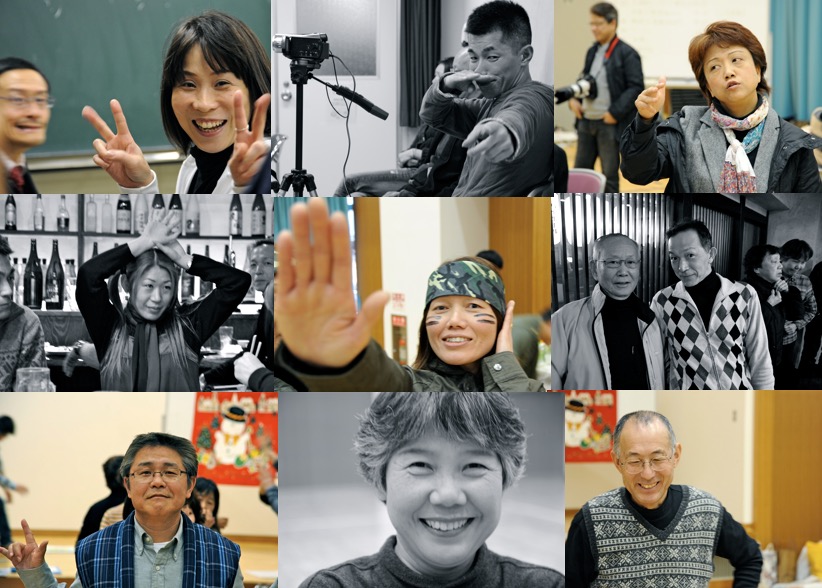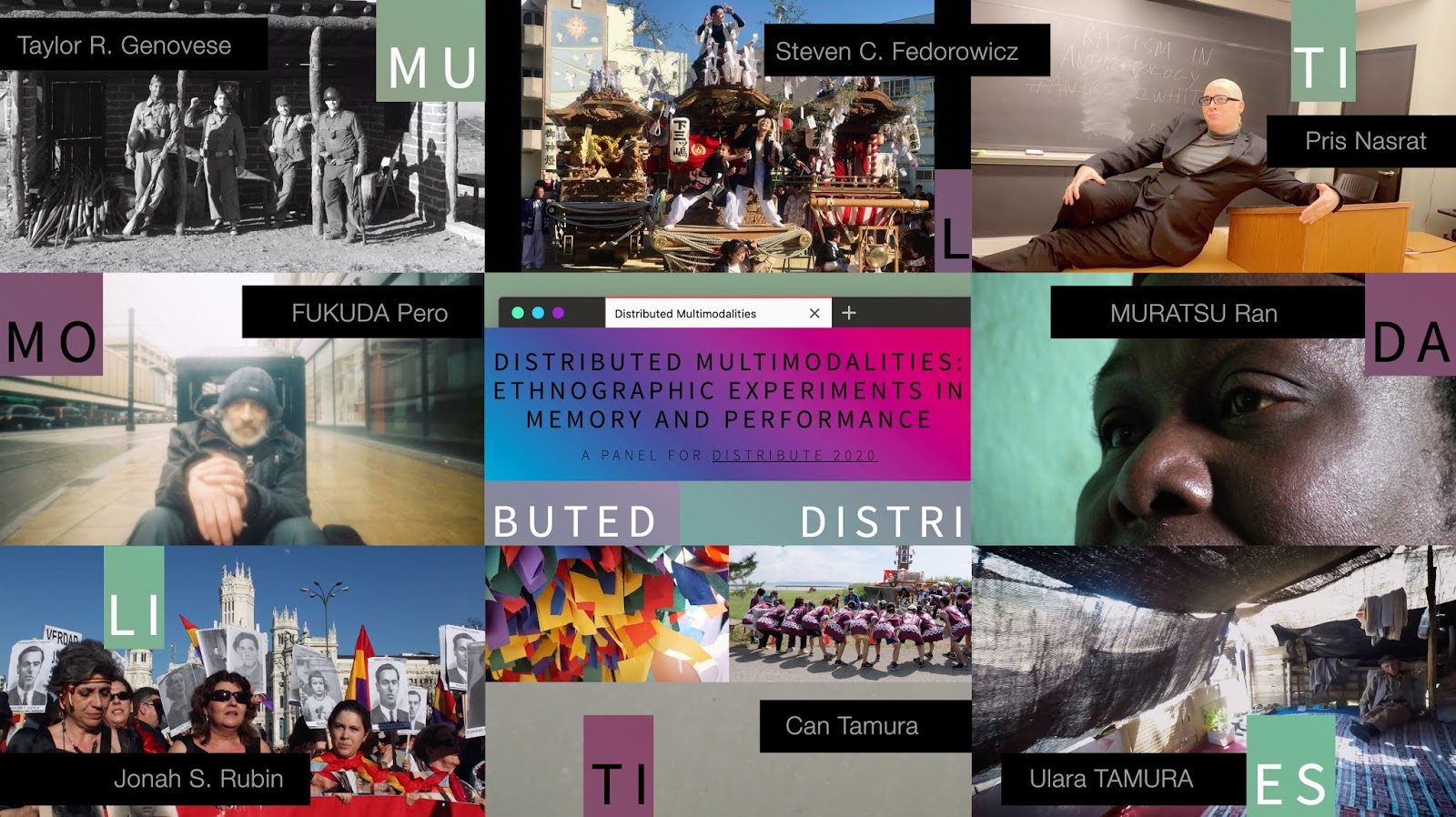It is this time of fear and loathing, when peoples' basic human rights are being taken away (or freely given away) in the so-called war(s) against terrorism; where information is bought, sold, shared and available to anyone with access to the internet (upload, download, Google it; Wiki it, YouTube it, Blog it, Twitter it - it's all there); how images of person and property have become commodities with rights of their own, the concept of privacy has lost any logical meaning it might have once had. The right to know. Portrait rights. Copyright rights. The right to be paid. The right of honor. The right to live a healthy, happy life. The right of mental wellness. The right to be protected. The right to be paranoid. The right to have rights. The right thing to do. Two wrongs don't make a right. A right angle. The right to privacy. Yes, we are back to privacy. Who has the right to give it to us and take it away from us? The government through laws, legislation, local ordinances and legal decisions? The media with their probing telephoto lenses and secret, protected sources? Academics in their ivory towers with lofty ethical rules of conduct? Professionals in the field who have built up an internal common sense of what is right or wrong or legitimate/excusable action? Artists for art's sake? Scientists for science's sake? Ourselves through our behavior (moral or otherwise) and physical movements through spaces and time?
***
A young foreigner walks up to you, and struggling to speak your language, asks you: "Is it OK that I took a picture of you engaged in a cultural activity and is it OK that I put it on my blog for a school project?"
How are you going to answer?
***
The overwhelming nature of this project makes it never-ending. Everyday there is more and more information - data to be consumed and pondered. Everything is related.
"AP alleges copyright infringement of Obama image"
A news organization fights an artist over the rights of an image. Who owns the image? Who should be compensated? Why in the discourse is there no word from Obama himself? Does not the individual own the rights to his/her face?
"Japan toughens up on Internet regulation" and "18 people to be prosecuted over insulting messages on comedian's blog"
Japan is watching and regulating the internet, blogs included. People get arrested for making threats and flaming. Who is it that judges what a threat is?
"Internet freedom needs responsible user behavior"
We live in an age in which everybody can transmit information. But such freedom brings with it responsibilities.
Internet users must recognize that their own actions will ultimately lead to restrictions being placed on them if they misuse the technology available to them.
***
Scenario One: A student has been involved with her research subjects for some time. The research subjects have some understanding what the student is researching. Student and subjects have negotiated what is appropriate and what is not appropriate to photograph. This negotiation continues as more people become subjects and the research evolves. The student shows his photographs to his subjects and respects their opinions and wishes with respect to posting photos on her blog.
Scenario Two: A student sees a person engaged in a cultural event. The student asks permission to photograph the person and post the photo on a blog.
Scenario Three: A student photographs a person engaged in a cultural event. After photographing the student asks the person if it was OK to photograph and if it is OK to post the photo on a blog. The student shows the person the photo on her digital camera.
Scenario Four: A student photographs a crowded cultural event. It is impossible to ask permission of all the people in the photograph. The setting of the photo is a public space. There are no signs prohibiting photography. Other people are taking photographs as well. The student posts the photo on her blog.
Scenario Five: Same as Scenario Four but the student is the only one taking photos.
Scenario Six: The student takes advantage of her telephoto lens. The people never know they have been photographed. The student judges the photos not to show the people in a bad light. The student posts the photo on her blog.
Scenario Seven: The student takes discreet photos of people in public. The people are not aware they are being photographed. The student judges the photos not to show the people in a bad light. The student posts the photo on her blog.
Scenario Eight: Variations of Scenarios Six and Seven. Before the student posts the photos on her blog, she blurs or alters the face(s) so that the person/people in the photograph cannot be identified.
Scenario Nine: The student photographs anything and anyone in public without asking permission. Anything and everything photographed by the student is her academic property and fair game to be posted on her blog. It is all for educational purposes only.
Which if these scenarios is appropriate conduct for a student of the visual anthropology of Japan?
Subscribe to:
Post Comments (Atom)






















No comments:
Post a Comment